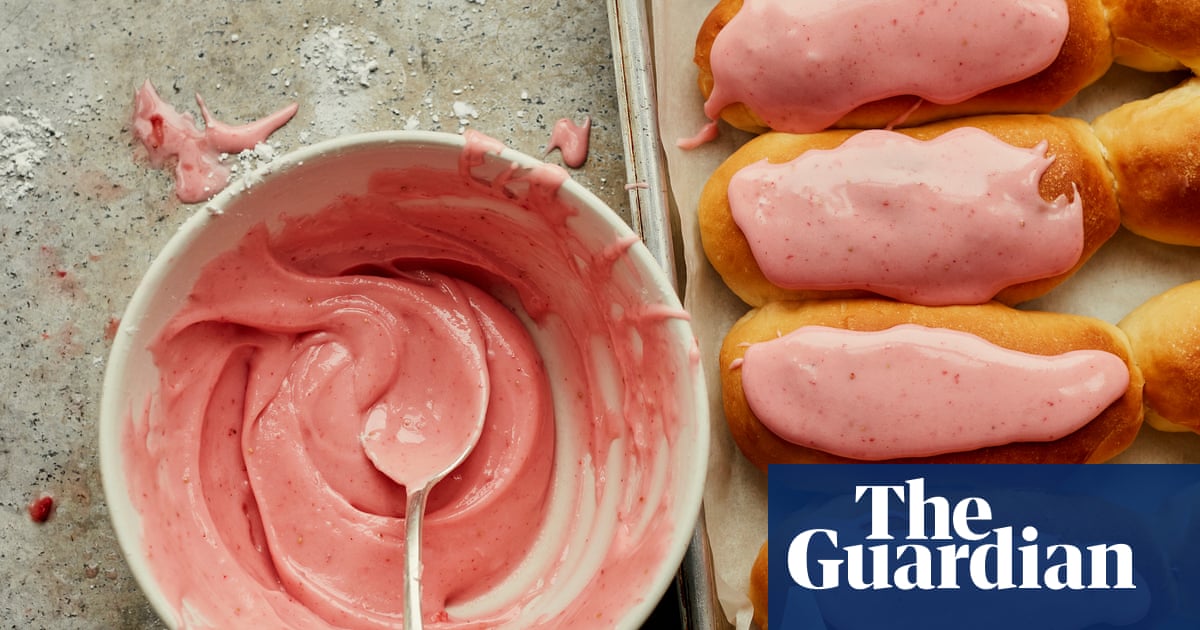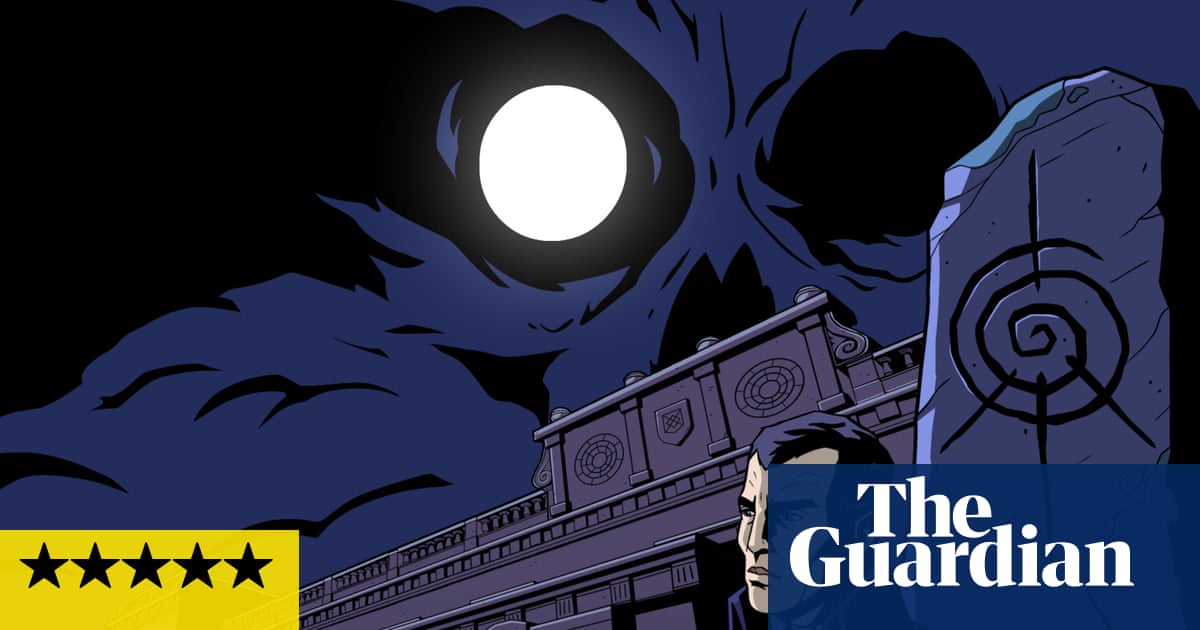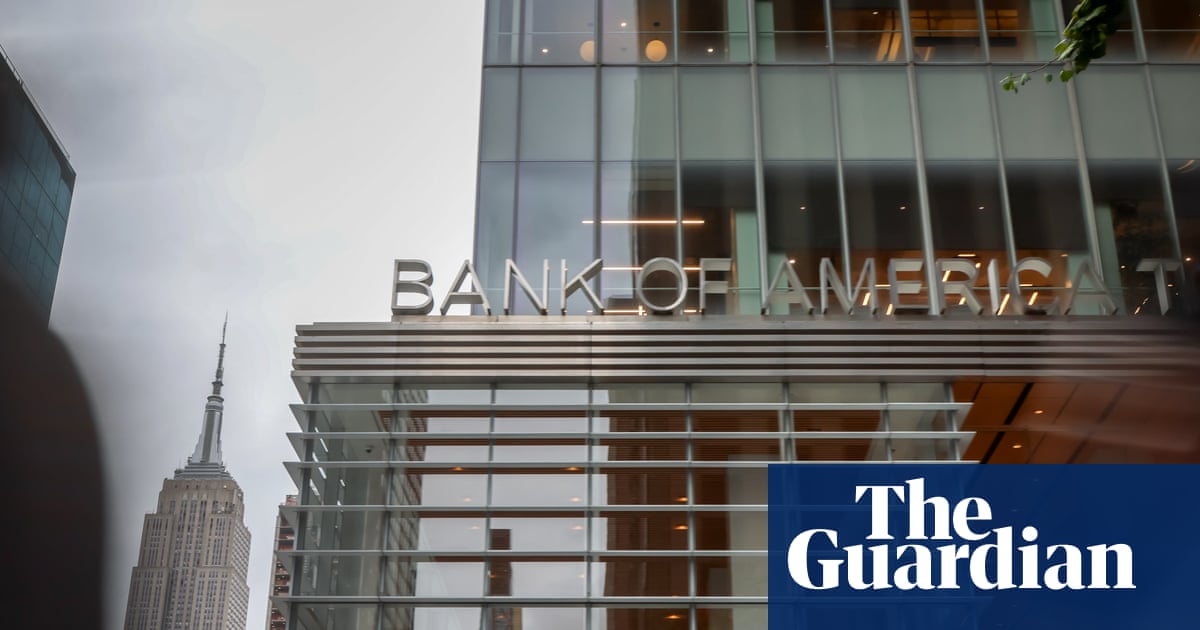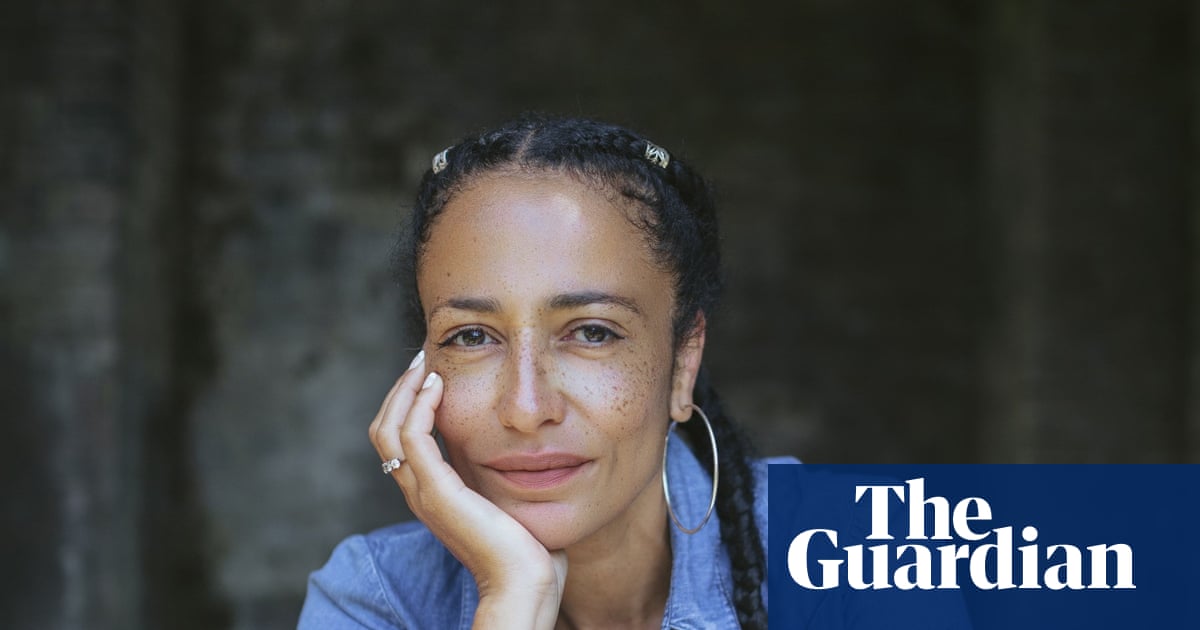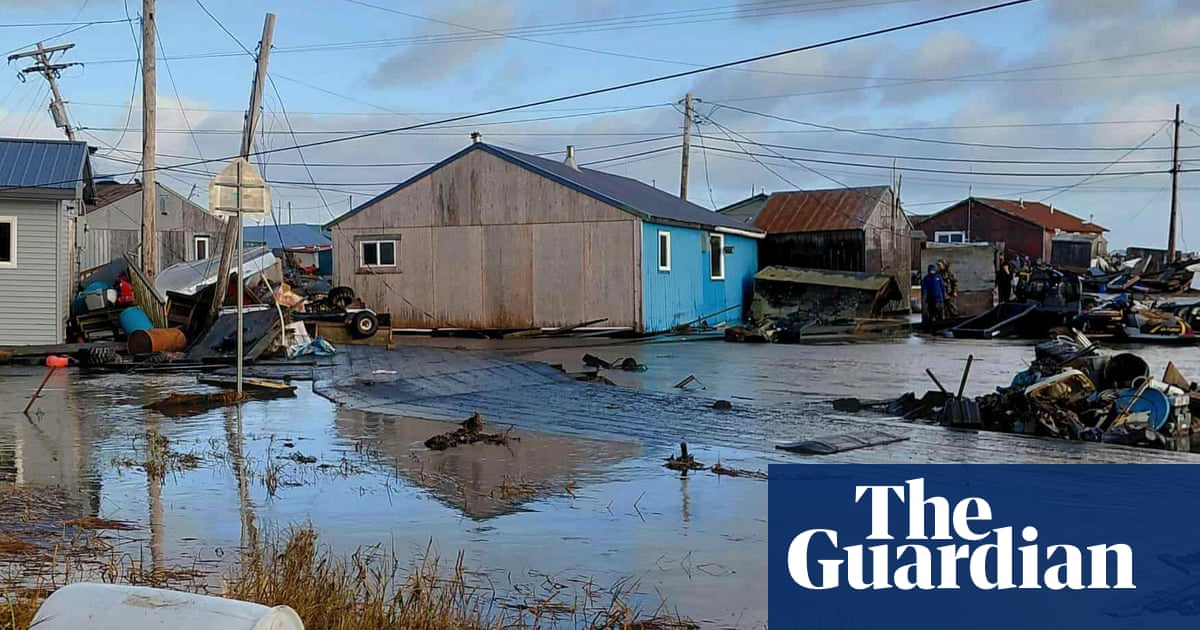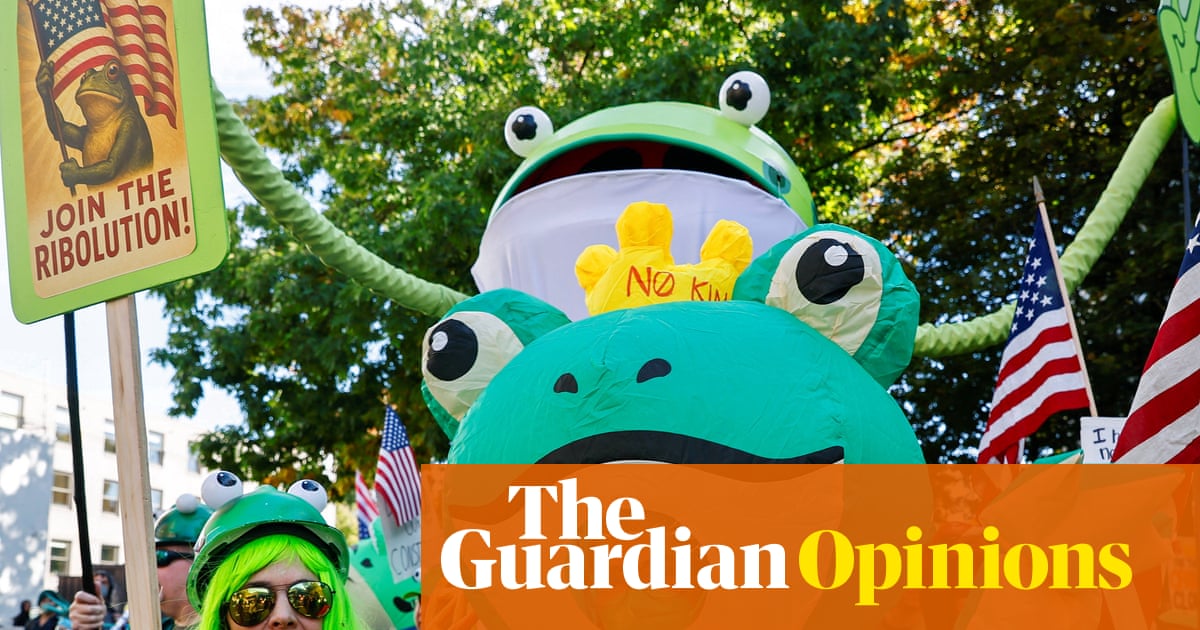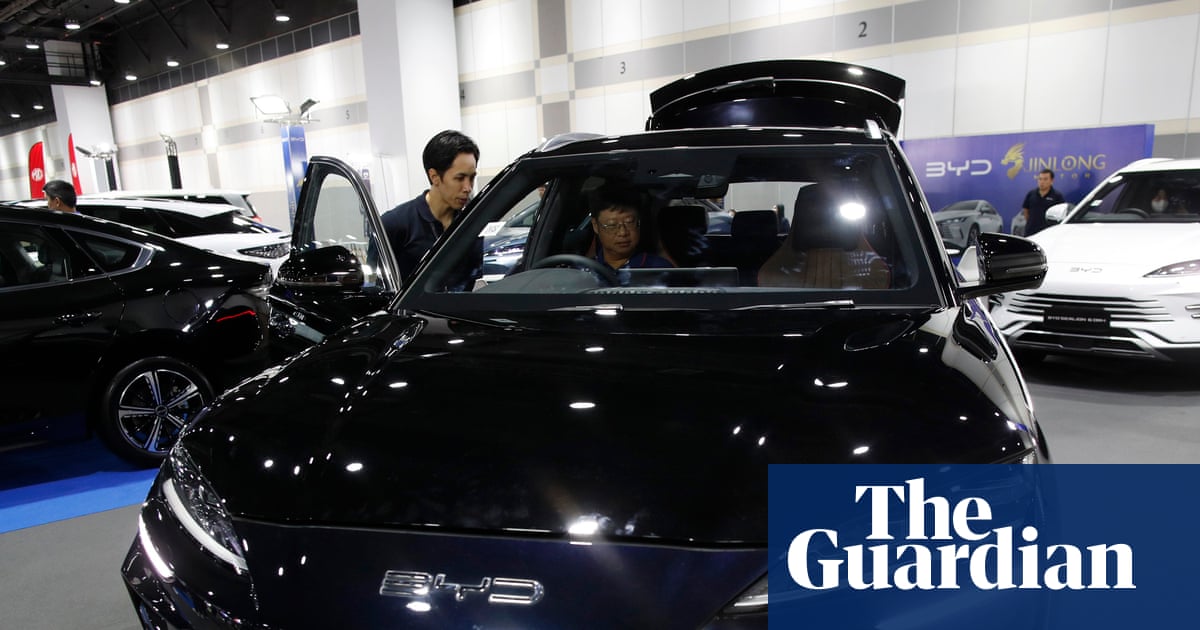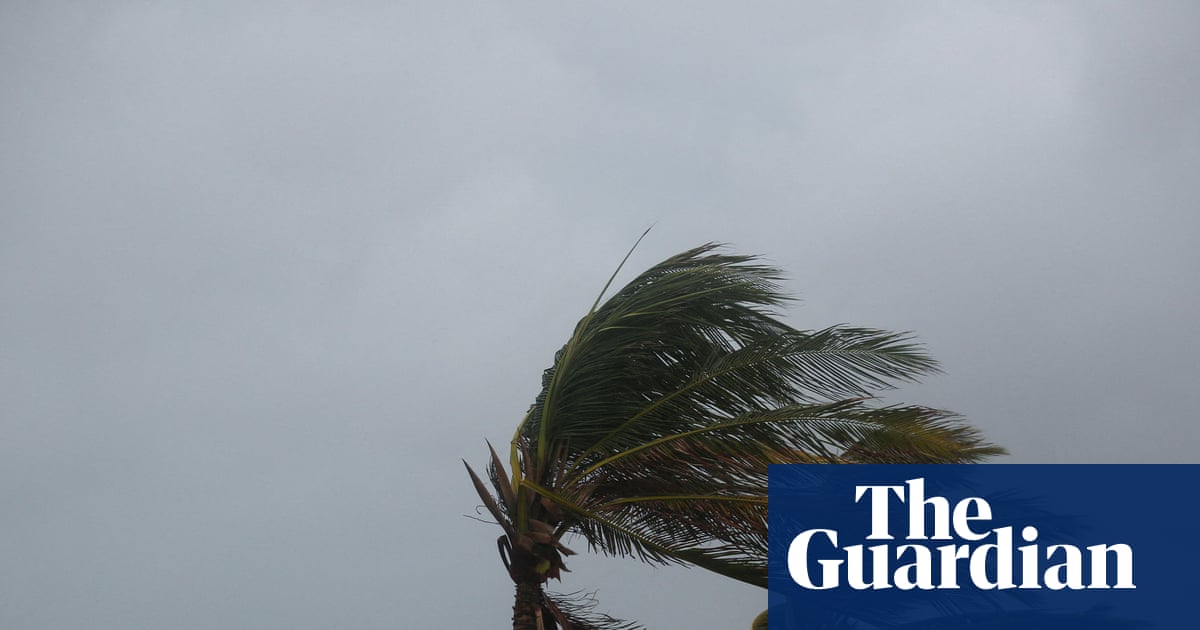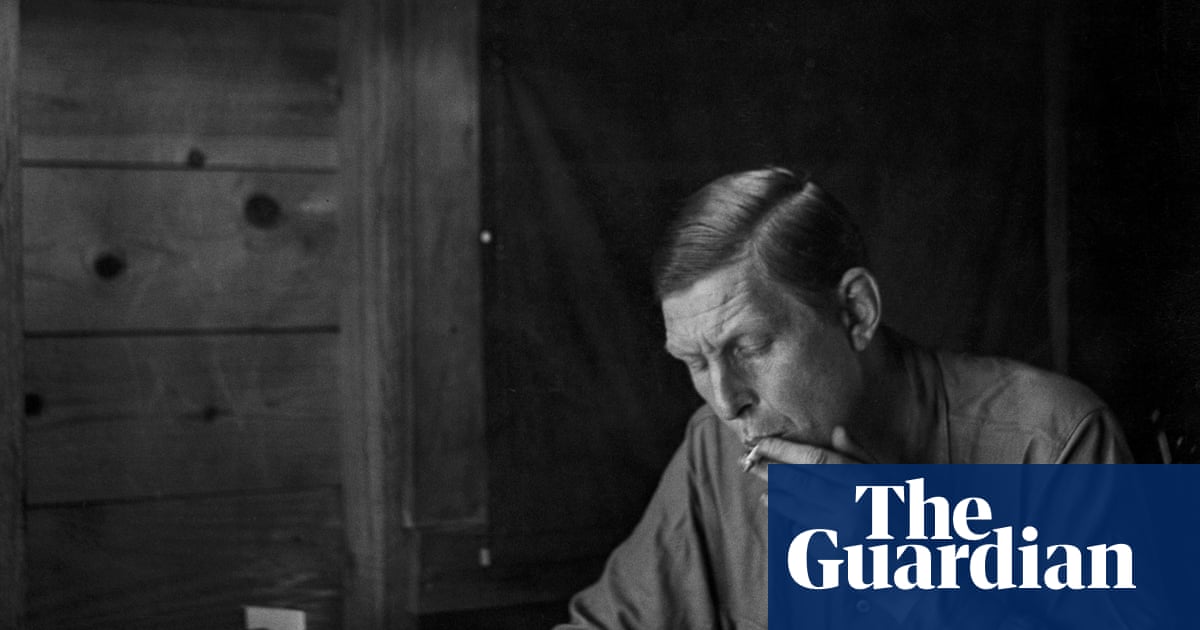1. ‘A marker of luxury and arrogance’: why gravity-defying boobs are back – and what they say about the state of the world
Composite: Guardian Design / The Guardian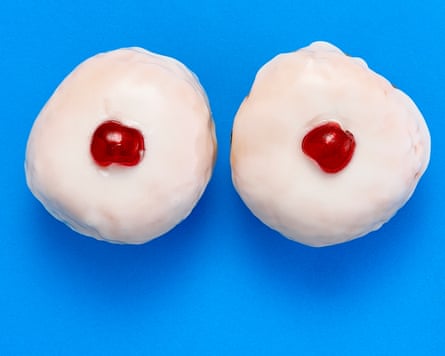
In America, the impact of the Trump administration is going way beyond policy, reshaping culture at a granular level. The Maga ruling class has a thirst for busty women in tight clothes, which fuses something new – what Mark Zuckerberg has called “masculine energy” – with nostalgia for 1950s America. (The “again” in Make America Great Again may not have a date stamp, but it comes with a white picket fence.) As a symbol of fertility, full breasts are catnip to a regime obsessed with breeding and keen to limit reproductive freedoms.
“Breasts,” wrote Jess Cartner-Morley, “have always been political – and right now they’re front and centre again. Is it yet another way in which Trump’s worldview is reshaping the culture?”
2. ‘People pay to be told lies’: the rise and fall of the world’s first ayahuasca multinational
Alberto Varela, the founder of Inner Mastery Composite: Guardian Design / Getty Images / Crónica / El Mundo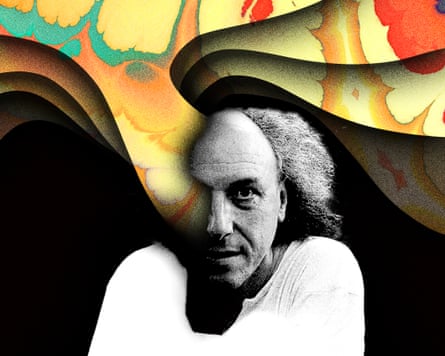
“His staff were underpaid and overworked, his manner overbearing. He built a hierarchical organisation that made him rich, while many of his employees went into debt with the company. He promoted ayahuasca as a panacea for all suffering, and despite having no training, practised a confrontational and sometimes cruel form of therapy on vulnerable people with serious trauma. Traditional practitioners and healers protested he was bringing their practice into disrepute. Ayahuasca was not something you could roll out on an industrial scale with minimal oversight, they said. Accidents would happen.”
Alberto Varela claimed he wanted to use sacred plant medicine to free people’s minds. But as the organisation grew, wrote Sam Edwards, his followers discovered a darker reality.
3. A generation of ‘virgins’ is leading America’s next sexual revolution
Illustration: Xiao Mei/The Guardian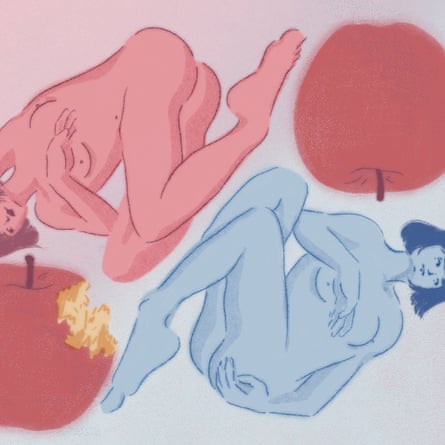
The Guardian reproductive health and justice reporter Carter Sherman has spent the past few years travelling the country and interviewing more than 100 teenagers and twentysomethings about their sex lives: “It is true that they are having even less sex, less than millennials, but they are not uninterested in sex. Instead, many have understood, from an early age, something that eluded past generations: that sex, its consequences, and control over both are political weapons.” Here, she explores how they’re resisting older definitions of sex and gender – in the face of the right’s bid for bodily control.
4. ‘I was living in Doodle Land and didn’t know how to get back’: the million-dollar artist who drew himself crazy
Sam Cox in his studio in Kent Photograph: Julian Anderson/The Guardian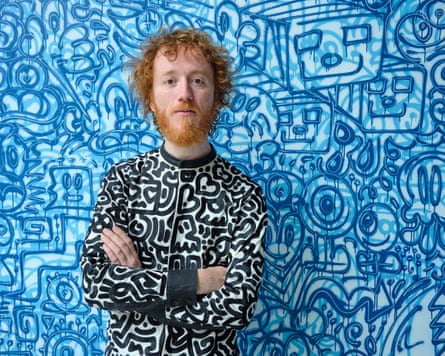
“From the road, it’s barely visible; glimpsed, maybe, if peered at with cheeks pressed against the property’s imposing iron gates. There is otherwise little out of the ordinary in this quiet Kent corner of London’s affluent commuter belt – St Michael’s has a village hall, a country club, a farm shop. But at the end of a snaking, hedge-lined driveway is an incongruous home: a sprawling, six-bedroom neo-Georgian mansion, almost every inch, inside and out, covered in the trademark black-on-white line drawings of its owner, Mr Doodle, the 31-year-old artist Sam Cox.”
Michael Segalov travelled to the Doodle House to meet Cox and his family and to talk about how, behind the scenes of creating this piece of giant liveable art, he was unravelling into psychosis.
5. ‘I have a lot of sympathy for Elon Musk’: Succession creator Jesse Armstrong on his tech bros AI satire Mountainhead
Photograph: Europa Press News/Europa Press/Getty Images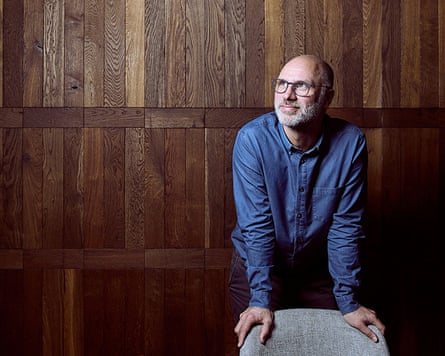
Armstrong is the master of ripped-from-the-headlines drama, a writer who skewers the billionaire class. As Mountainhead takes him into new territory, he told Danny Leigh about his nuanced view of the world’s richest man: “Musk has done huge damage in the world, particularly with Doge, but I have a lot of sympathy for him – this is a traumatised human being.”
6. The enchanted car park: how a ruined multistorey became a garden paradise loved by lizards and dog-walkers
Parque Prado in Medellín, Colombia. Photograph: Connatural Archive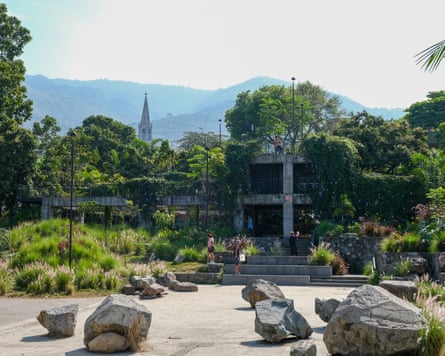
Once a hangout for sex workers and drug addicts, a parking lot in Medellín, Colombia, has been reborn as a green haven for all. Oliver Wainwright met the “social urbanists” credited with reducing crime – and even temperatures.

 3 months ago
49
3 months ago
49
